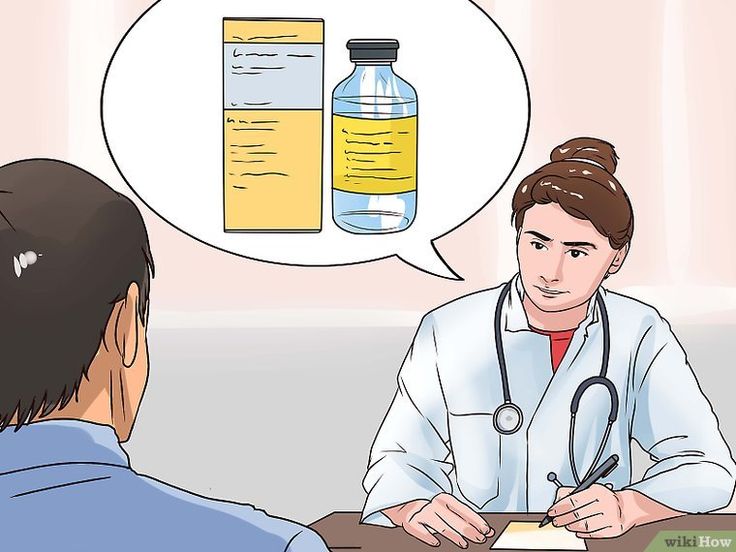Thursday, May 18, 2017, 01:58 AM | Source: The Conversation
Kate Leslie, Megan Allen
Feeling tired or being unable to concentrate is common even days after surgery. But there are simple ways to help speed up your recovery. Jason Jones/Flickr, CC BYYou have a small operation under general anaesthesia and go home the same day. Two days later you’re back at work, but you can’t concentrate and have a desperate desire to take a nap. Why does this happen and how can you prevent it?
General anaesthesia is a reversible drug-induced coma, during which you are unconscious, don’t feel pain and don’t remember anything. This is precisely what you want when you’re having an invasive or painful procedure.
However, some people suffer lingering effects in the days after anaesthesia. These include drowsiness, slowed reaction times, and difficulty concentrating, remembering new information and finishing complex tasks.
Thankfully, these unwanted effects usually wear off by the next day, but sometimes they last for a few more days or even weeks. Then they can really disrupt your ability to work or get anything done at home.
The effects of general anaesthesia may appear to linger for days after surgery for many reasons. Tiredness after a procedure is commonly attributed to anaesthetics. But modern anaesthetics wear off completely in a couple of hours, so the real picture is usually more complicated.
The surgical condition for which you had the procedure may have stopped you leading a full and active life for some time, resulting in lack of fitness and less reserve for recovery.
The surgery itself causes tissue injury. After surgery, your body undergoes repair and recovery, which drives a higher baseline metabolic rate and draws on your nutrient stores. So it isn’t surprising such intense activity at a cellular level results in feeling tired after surgery.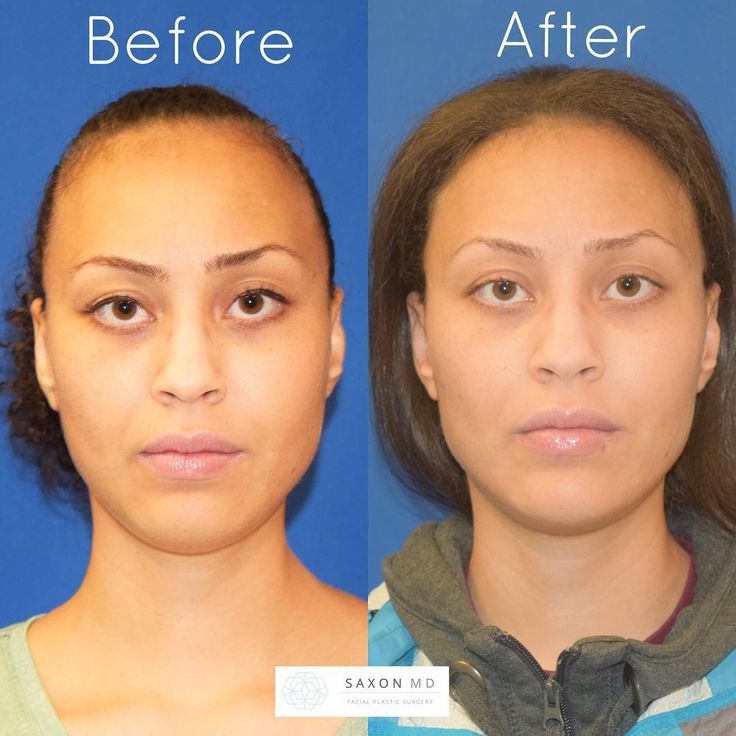
If you ignored your doctor’s advice to take it easy before or after surgery, that could also explain why you’re feeling tired.
Then there’s pain treatment before and after the procedure, which can also contribute to grogginess.
Strong painkillers you take before or after surgery, like oxycodone, can also make you feel drowsy. But side effects cease once you stop taking them. from www.shutterstock.comFor instance, opioids (such as oxycodone) and gabapentinoids (such as pregabalin) are strong pain medicines often prescribed after surgery. They are important in ensuring a comfortable recovery and rapid return to normal life, but may result in grogginess and confusion, especially in higher doses.
Opioids are usually needed for only a few days after surgery and these side effects stop when you stop taking them.
Finally, general anaesthetics interfere with your body clock. This could be because anaesthetics interfere with brain hormones, such as melatonin, and messenger chemicals called neurotransmitters.
While melatonin tablets can treat jet lag, which is also a disruption of the body clock, there is no good evidence to use melatonin for anaesthesia-induced body-clock disruption in humans.
An operation is a major life event. Make sure you get adequate rest and have enough support at work and home before your surgery.
A bit of anxiety is normal before surgery and can also be exhausting. You can reduce your anxiety by asking for clear explanations of what to expect, and by maintaining a warm, comfortable and calm waiting environment.
If you are very anxious, your anaesthetist can give you a sedative “pre-med” before you go to theatre. But the use of sedatives is a balancing act, as the calming effect before the procedure is desirable but not the “hangover” drowsiness afterwards, which may last for several hours.
Your anaesthetist is the medically trained specialist who can not only give you a “pre-med” but will look after you during your operation and plan your recovery.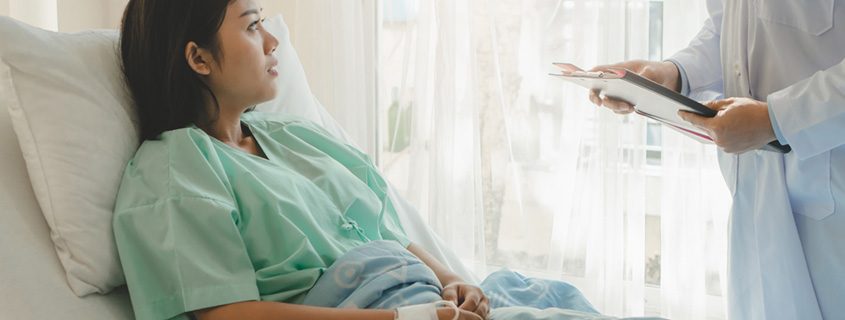 He or she will develop an individualised anaesthetic plan based on short-acting anaesthetics and a combination of pain-killings drugs.
He or she will develop an individualised anaesthetic plan based on short-acting anaesthetics and a combination of pain-killings drugs.
Your anaesthetist will also advise you how to best control your pain after surgery and when you return home. This will often involve using simple pain medicines, such as paracetamol and anti-inflammatory drugs, as well as opioids, which you will need to treat strong pain. Using simple pain medicines will help to reduce the doses of opioids that you need, and help you to avoid the nausea, constipation and grogginess that goes with them.
After a procedure, you can combat the disruption to your body clock by practising good “sleep hygiene”. This involves maximising cues to the body that it is time to sleep in the evening. These could include avoiding stimulants like caffeine and alcohol, going to bed at a similar time each night, being in a dimly lit room and engaging in calming or restful activities before sleep, like reading.
Making sure you are exposed to bright sunshine during the day and avoiding back-lit screens on technology devices in the evening can also help.
Lingering grogginess after general anaesthesia is hardly ever sinister. But if it is persistent, getting worse rather than better, or is associated with confusion, weakness or numbness, then you must see your doctor.
The authors do not work for, consult, own shares in or receive funding from any company or organisation that would benefit from this article, and have disclosed no relevant affiliations beyond their academic appointment.
Megan Allen Critical Care
Kate Leslie Critical Care
Format: Summary (text)PubMedPMIDAbstract (text)CSV
Name your collection:
Name must be less than 100 characters
Choose a collection:
Unable to load your collection due to an error
Please try again
Unable to load your delegates due to an error
Please try again
Name of saved search:
Search terms:
Test search terms
Email: (change)
Which day? The first SundayThe first MondayThe first TuesdayThe first WednesdayThe first ThursdayThe first FridayThe first SaturdayThe first dayThe first weekday
Which day? SundayMondayTuesdayWednesdayThursdayFridaySaturday
Report format: SummarySummary (text)AbstractAbstract (text)PubMed
Send at most: 1 item5 items10 items20 items50 items100 items200 items
Send even when there aren't any new results
Optional text in email:
Review
.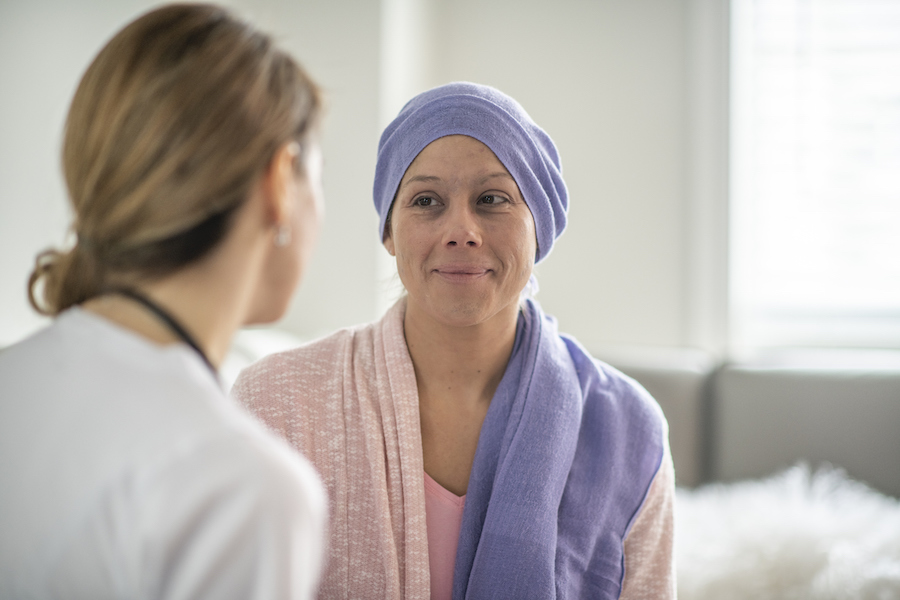 1993 Mar-Apr;17(2):220-5.
1993 Mar-Apr;17(2):220-5.
doi: 10.1007/BF01658930.
T Christensen 1 , H Kehlet
Affiliations
Review
T Christensen et al. World J Surg. 1993 Mar-Apr.
. 1993 Mar-Apr;17(2):220-5.
doi: 10.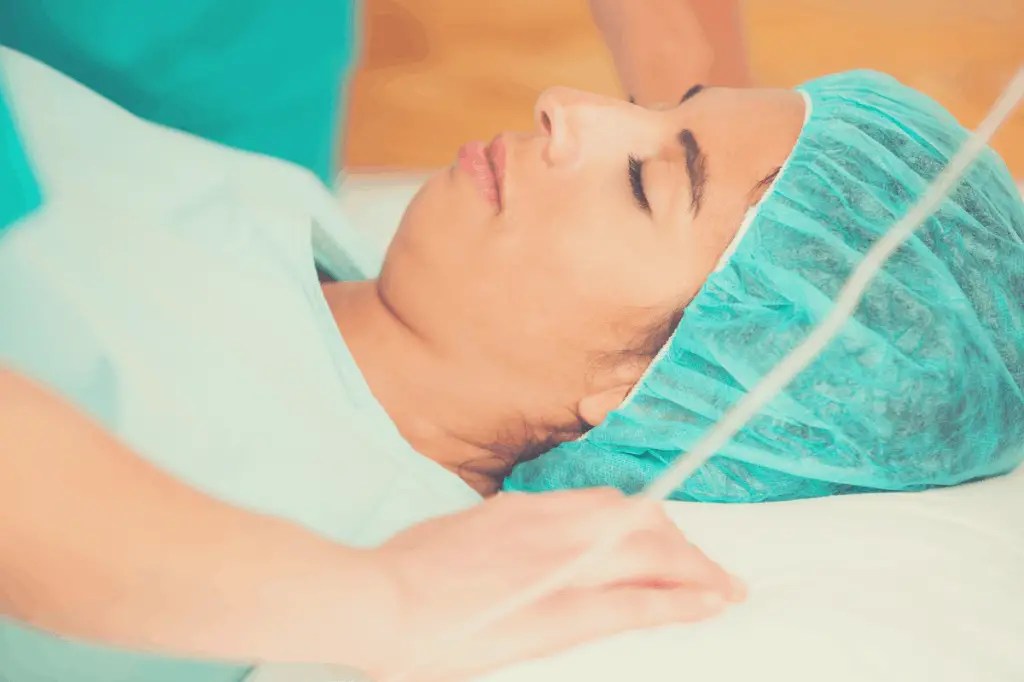 1007/BF01658930.
1007/BF01658930.
T Christensen 1 , H Kehlet
Uncomplicated major surgery is followed by a pronounced increased feeling of fatigue extending throughout the first month in about one-third of patients. Postoperative fatigue correlates with the degree of surgical trauma but is not related to duration of general anesthesia and surgery or to preoperative nutritional status, age, or sex. Fatigue also correlates with postoperative deterioration in nutritional parameters and impaired adaptability of heart rate during exercise. Furthermore, a postoperative decrease in muscle force and endurance is related to postoperative fatigue, whereas psychological factors are of minor importance. These findings suggest postoperative fatigue to be mediated by the endocrine-metabolic response to surgery, impaired nutritional intake, or immobilization, but the relative role of these factors remains to be established. Until then, therapeutic measures against the development of postoperative fatigue should aim at reducing the surgical stress response, effective treatment of pain to facilitate mobilization, and exercise to increase postoperative nutritional intake.
Fatigue also correlates with postoperative deterioration in nutritional parameters and impaired adaptability of heart rate during exercise. Furthermore, a postoperative decrease in muscle force and endurance is related to postoperative fatigue, whereas psychological factors are of minor importance. These findings suggest postoperative fatigue to be mediated by the endocrine-metabolic response to surgery, impaired nutritional intake, or immobilization, but the relative role of these factors remains to be established. Until then, therapeutic measures against the development of postoperative fatigue should aim at reducing the surgical stress response, effective treatment of pain to facilitate mobilization, and exercise to increase postoperative nutritional intake.
Anesthetic technique and surgical convalescence.
Kehlet H. Kehlet H. Acta Chir Scand Suppl. 1989;550:182-8; discussion 188-91. Acta Chir Scand Suppl. 1989. PMID: 2652969 Review.
Acta Chir Scand Suppl. 1989;550:182-8; discussion 188-91. Acta Chir Scand Suppl. 1989. PMID: 2652969 Review.
Skeletal muscle enzyme activities and metabolic substrates during exercise in patients with postoperative fatigue.
Christensen T, Nygaard E, Stage JG, Kehlet H. Christensen T, et al. Br J Surg. 1990 Mar;77(3):312-5. doi: 10.1002/bjs.1800770325. Br J Surg. 1990. PMID: 2322798
Changes in cardiorespiratory and muscle function associated with the development of postoperative fatigue.
Zeiderman MR, Welchew EA, Clark RG. Zeiderman MR, et al. Br J Surg. 1990 May;77(5):576-80. doi: 10.1002/bjs.1800770536. Br J Surg. 1990. PMID: 2354346
Predicting postoperative fatigue: importance of preoperative factors.
Schroeder D, Hill GL. Schroeder D, et al. World J Surg. 1993 Mar-Apr;17(2):226-31. doi: 10.1007/BF01658931. World J Surg. 1993. PMID: 8511918
Post-operative fatigue, nutritional status and muscle performance.
Kehlet H, Christensen T. Kehlet H, et al. Br J Clin Pract Suppl. 1988 Dec;63:29-30. Br J Clin Pract Suppl. 1988. PMID: 3151559 Review. No abstract available.
See all similar articles
Advances in the management of peritoneal malignancies.
Kepenekian V, Bhatt A, Péron J, Alyami M, Benzerdjeb N, Bakrin N, Falandry C, Passot G, Rousset P, Glehen O. Kepenekian V, et al. Nat Rev Clin Oncol. 2022 Nov;19(11):698-718. doi: 10.1038/s41571-022-00675-5. Epub 2022 Sep 7. Nat Rev Clin Oncol. 2022. PMID: 36071285 Review.
doi: 10.1038/s41571-022-00675-5. Epub 2022 Sep 7. Nat Rev Clin Oncol. 2022. PMID: 36071285 Review.
RNA-sequencing Reveals a Gene Expression Signature in Skeletal Muscle of a Mouse Model of Age-associated Postoperative Functional Decline.
Asche-Godin SL, Graham ZA, Israel A, Harlow LM, Huang W, Wang Z, Brotto M, Mobbs C, Cardozo CP, Ko FC. Asche-Godin SL, et al. J Gerontol A Biol Sci Med Sci. 2022 Oct 6;77(10):1939-1950. doi: 10.1093/gerona/glac043. J Gerontol A Biol Sci Med Sci. 2022. PMID: 35172336
A Mobile App With Multimodality Prehabilitation Programs for Patients Awaiting Elective Surgery: Development and Usability Study.
Wang T, Stanforth PR, Fleming RYD, Wolf JS Jr, Stanforth D, Tanaka H. Wang T, et al.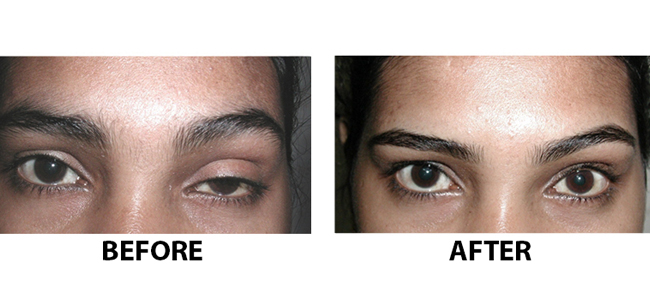 JMIR Perioper Med. 2021 Dec 30;4(2):e32575. doi: 10.2196/32575. JMIR Perioper Med. 2021. PMID: 34967752 Free PMC article.
JMIR Perioper Med. 2021 Dec 30;4(2):e32575. doi: 10.2196/32575. JMIR Perioper Med. 2021. PMID: 34967752 Free PMC article.
Recent Advances in Panax ginseng C.A. Meyer as a Herb for Anti-Fatigue: An Effects and Mechanisms Review.
Lu G, Liu Z, Wang X, Wang C. Lu G, et al. Foods. 2021 May 10;10(5):1030. doi: 10.3390/foods10051030. Foods. 2021. PMID: 34068545 Free PMC article. Review.
Wireless Remote Home Monitoring of Vital Signs in Patients Discharged Early After Esophagectomy: Observational Feasibility Study.
Breteler MJM, Numan L, Ruurda JP, van Hillegersberg R, van der Horst S, Dohmen DAJ, van Rossum MC, Kalkman CJ. Breteler MJM, et al. JMIR Perioper Med. 2020 Dec 4;3(2):e21705. doi: 10. 2196/21705. JMIR Perioper Med. 2020. PMID: 33393923 Free PMC article.
2196/21705. JMIR Perioper Med. 2020. PMID: 33393923 Free PMC article.
See all "Cited by" articles
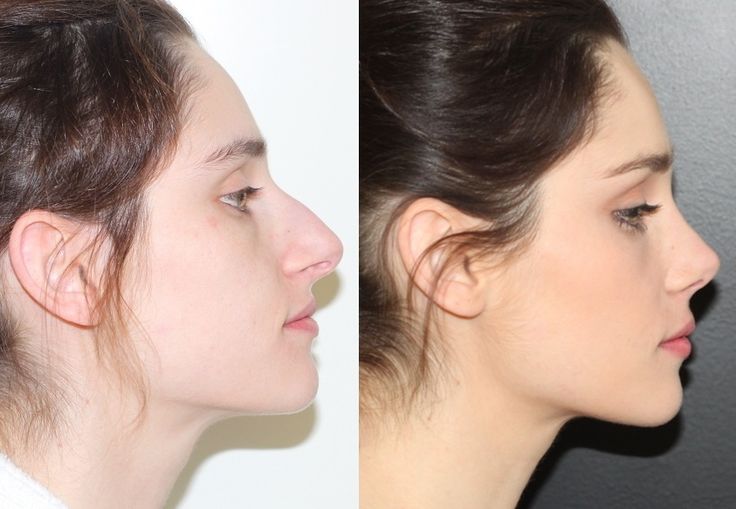 1978 Jul;147(1):97-102 - PubMed
1978 Jul;147(1):97-102 - PubMed Cite
Format: AMA APA MLA NLM
Send To
Recovery after cardiac surgery
Healthy lifestyle pages
from 2 to 6 months.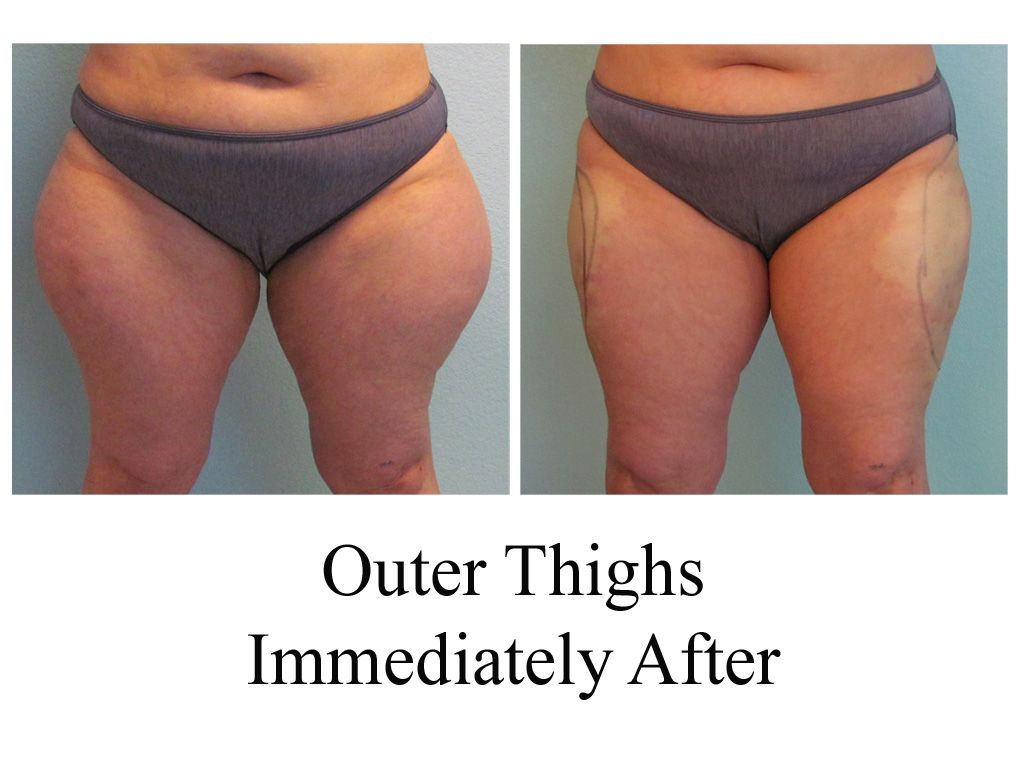 In the process of recovery, there may be periods of improvement and deterioration, which are expected and should not alarm the patient. For those whose operation was performed using minimally invasive technologies, this period is much shorter.
In the process of recovery, there may be periods of improvement and deterioration, which are expected and should not alarm the patient. For those whose operation was performed using minimally invasive technologies, this period is much shorter.
Here are typical instructions:
- pain relief
- return to physical activity
- sports and housework
- diet, sleep, emotional background
- follow-up after surgery
Take care of the suture
Before you are discharged, you will be told how to take care of the suture. In most cases, the patient is discharged after the sutures and/or staples are removed. In some cases, the removal of sutures is not required - the sutures dissolve on their own after 2 months. There may be sensations of loss of sensitivity, itching and pain at the surgical site that pass over time.
The following is very important
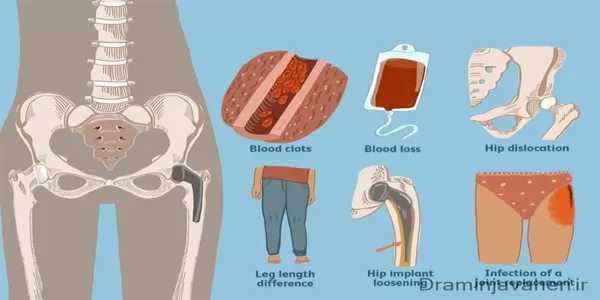
| How to shower If your stitch is healing and dry, you can take a "quick" shower (no longer than 10 minutes). If you have unremoved stitches on your chest, stand with your back to the shower. If you don't have a shower, you can take a sitz bath without submerging the seam. And do not get wet in the bathroom, but wash yourself. The water must be warm - not hot or cold. Too hot or too cold water can lead to fainting.
How to wash the seam area
|
Call a doctor if there are signs of infection
Pain Relief
At first you will experience discomfort in the chest muscles, in the suture area and in the chest as a whole with active movement. Itching, feeling of stiffness in the area of the seam, or impaired sensitivity are normal phenomena after surgery. You should not have chest pain similar to what you experienced before the operation. Painkillers and anti-inflammatories will be recommended to you before discharge.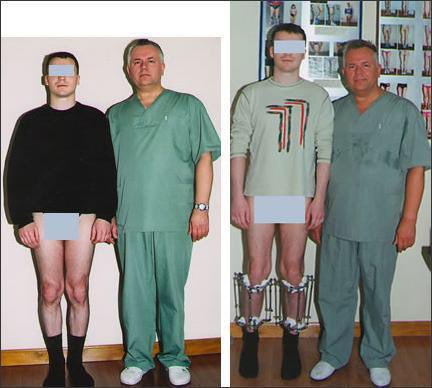
If you had CABG, in addition to pain in your chest, you will have pain in your leg (where the vein for the bypass was taken from). Daily walks, moderate activity and time will help you cope with the discomfort in your foot.
Be sure to see your doctor if you experience any movement in your sternum or a clicking sound in your sternum when you move.
Swelling
You will return home with some swelling in your legs and feet, especially if you had a vein taken for bypasses. If you noted puffiness:
 It is not necessary to bandage above the knee, even if the postoperative suture continues above it.
It is not necessary to bandage above the knee, even if the postoperative suture continues above it. Seek medical attention if your legs become swollen and painful, especially if accompanied by shortness of breath on movement.
Medications
You will need medication after your surgery. Your doctor will tell you how long you will need to take the drugs - either for the first time or for life. Make sure you understand the names of the drugs, what they are for, and how often you should take them. Take only those drugs that have been prescribed to you. Discuss with your doctor the need for any medications you were taking before surgery. Do NOT take new medications (food supplements, pain relievers, cold medications) or increase the dosages of old ones without consulting your doctor.
Driving
Your doctor will tell you when you can return to driving.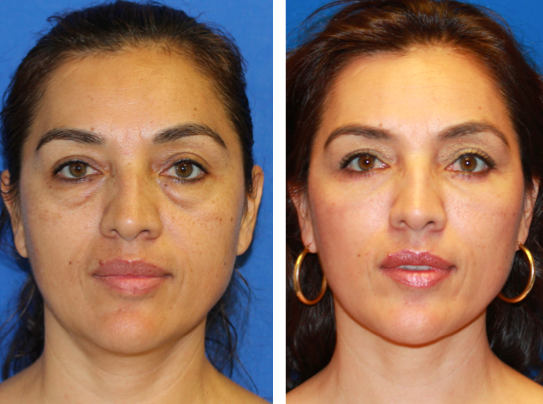 This is possible after your sternum begins to grow together and reflexes are fully restored. This usually takes up to 9 weeks after surgery. Until then, you can be a passenger for as long as you want. If you decide to take a long trip in the first nine weeks after surgery, stop every hour and walk for 5-10 minutes.
This is possible after your sternum begins to grow together and reflexes are fully restored. This usually takes up to 9 weeks after surgery. Until then, you can be a passenger for as long as you want. If you decide to take a long trip in the first nine weeks after surgery, stop every hour and walk for 5-10 minutes.
Back to work
You need time to recover. It usually takes 6-9 weeks. Your doctor will tell you when you can return to work. If it is possible to apply a flexible work schedule, then it will be easier for you to return to a normal work rhythm. If possible, increase the load gradually.
Activity
For the first 6-9 weeks:

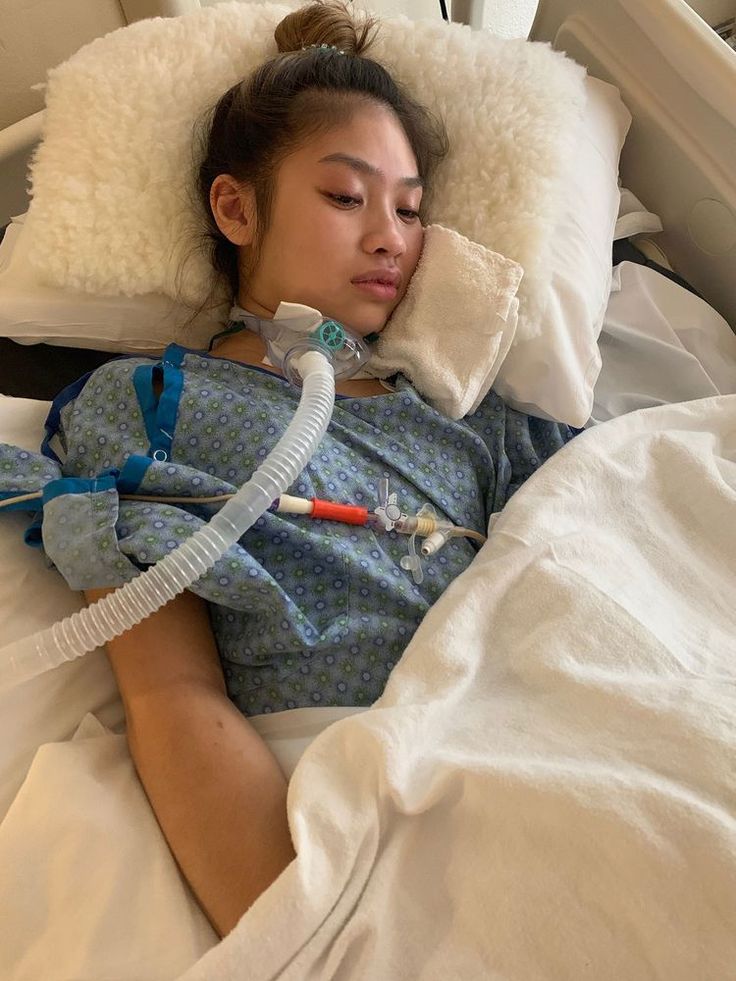
Sex
Many patients and their partners worry about continuing their sex life after heart surgery. The amount of energy required to have sexual intercourse with your partner is equal to the amount of energy expended on climbing one or two flights of stairs or walking about 1 km at a fast pace. If you can not afford such a load without the appearance of fatigue and shortness of breath, please do not rush to return to your previous sexual life, wait for recovery. For the first 6-9weeks, choose positions with the least load on the sternum, arms and chest.
And soon you and your partner will return to mutually satisfying emotional and physical relationships.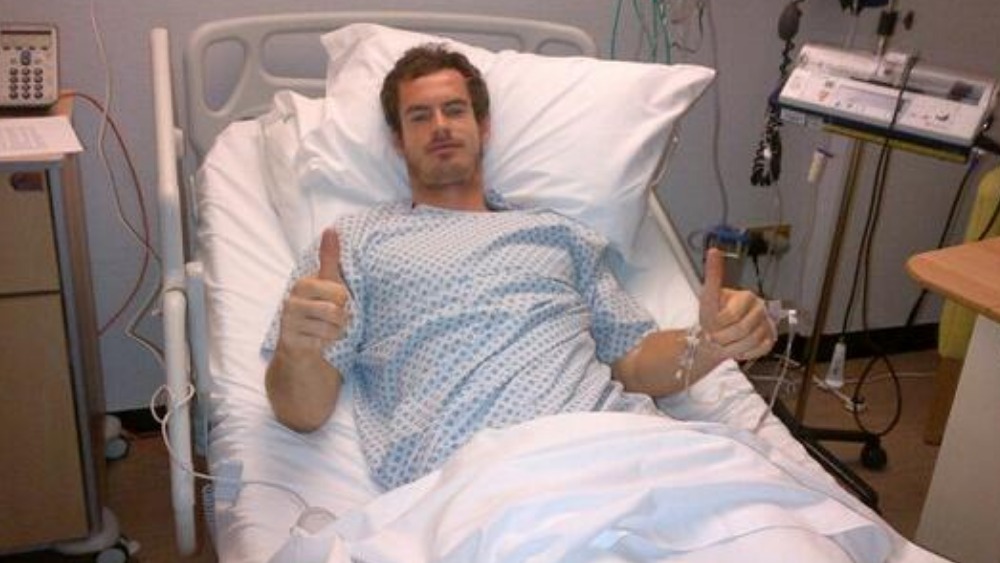 Anxiety on the part of one of the partners can serve as an obstacle to sexual satisfaction. Discuss any problems you have with your doctor.
Anxiety on the part of one of the partners can serve as an obstacle to sexual satisfaction. Discuss any problems you have with your doctor.
Sports
Any sports activity, with the exception of walking, can only be allowed after consultation with a cardiologist or family doctor. You should increase physical activity gradually, moving from easy exercises to more complex ones.
Walking is recommended in the morning and evening, in good weather, preferably on level ground, without significant inclines.
Lifting weights
Lifting weights over 5 kg should be avoided. Within 3-4 months after the operation (this is necessary for the complete healing of the sternum).
Housework
In the first stage, you will only be able to do light housework, such as vacuuming and helping with cooking. Gradually it will be possible to increase the amount of homework. Work that requires physical effort should be avoided.
Stairs and slopes
Climbing stairs requires more effort than walking on level ground. You should go up and down the stairs with stops for rest. Climbing an incline requires the most effort. You should climb gradually with stops for rest.
Receiving guests
During the initial period of your stay at home, it is advisable to ask relatives and friends to reduce visits, which are very tiring.
It is desirable to reduce visits to young children who may be carriers of various viral infections.
Posture
After surgery, there may be changes in posture: the shoulders are tilted forward, the back is hunched due to weakness and pain.
You should constantly try to straighten your back and straighten your shoulders.
Traveling abroad
Before planning a flight or trip abroad, it is worth consulting with your doctor.
Cardiac Rehabilitation
For many people with coronary artery disease, a cardiac rehabilitation program provides an excellent opportunity to learn a set of essential exercises, learn more about heart disease, and make lifestyle changes to prevent further progression of the disease.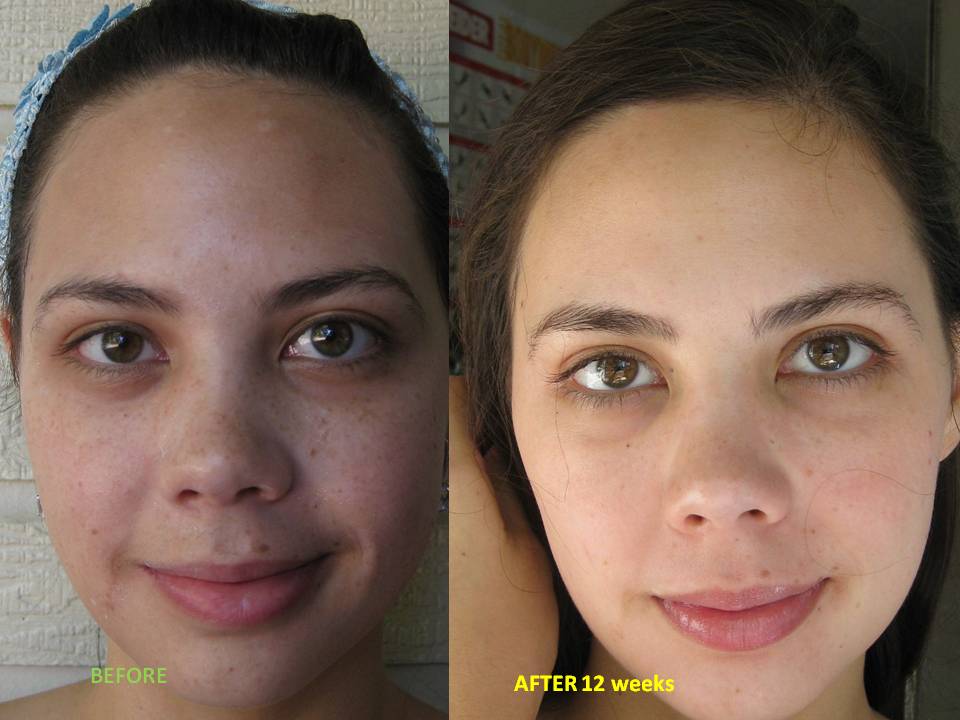
Your family doctor can give you information about similar programs in your area of residence (the system of cardiological sanatoriums is administered by the Social Insurance Fund).
Diet
You should eat healthy food and it will help you recover faster. Your doctor will tell you if you need a special diet. It is normal if your appetite is reduced after surgery. This is another reason to eat more often, but in smaller portions. Your appetite will return in a few weeks. If this does not happen, consult a doctor.
Sleep
It is very important to get enough rest to avoid overwork. Unfortunately, sleep is disturbed for many patients after surgery. Normal sleep patterns will return in a few weeks. Contact your doctor if lack of sleep affects your behavior or normal sleep patterns are not restored in any way.
Emotions
It's okay if you feel upset or depressed after being discharged.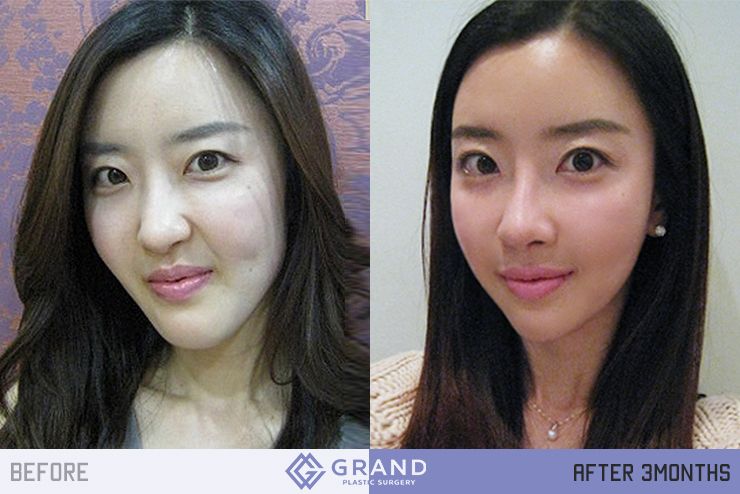 These emotions may be due to the fact that you do not know what to expect or what might happen, or as a result of fatigue from a small load. Temporary mood swings are normal and will gradually go away as you get back into your normal life and work.
These emotions may be due to the fact that you do not know what to expect or what might happen, or as a result of fatigue from a small load. Temporary mood swings are normal and will gradually go away as you get back into your normal life and work.
However, sometimes a depressed mood can slow you down in returning to a normal life. If the depressed mood only intensifies and is accompanied by other symptoms that accompany you every day for more than a week, you need treatment from a specialist.
| To find emotional balance:
|
Join a cardiac rehabilitation group, go to a sanatorium.
More serious reasons for a specific treatment
Without treatment, depression will only get worse. For "cores" depression can result in the development of a heart attack. Your doctor may refer you to a specialist to determine the treatment you need.
Mental health and heart surgery
Many patients become upset because they experience a deterioration in memory and sometimes a decrease in intelligence after the operation. These cognitive changes are normal after heart surgery.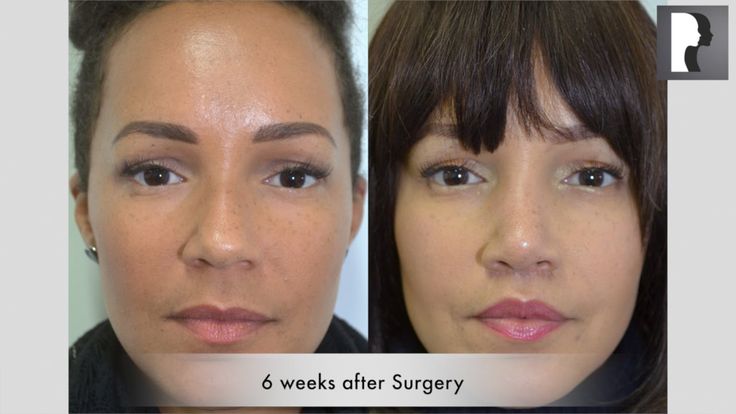 The entire body, including the brain, is under severe stress during surgery, especially if the operation requires cardiac arrest and the use of a heart-lung machine. Over time, as a rule, normal cognitive function is restored. The patient should avoid getting upset about this side effect of the surgery. You should not force yourself to solve more and more difficult tasks for the brain, and avoid (at first) mental overstrain.
The entire body, including the brain, is under severe stress during surgery, especially if the operation requires cardiac arrest and the use of a heart-lung machine. Over time, as a rule, normal cognitive function is restored. The patient should avoid getting upset about this side effect of the surgery. You should not force yourself to solve more and more difficult tasks for the brain, and avoid (at first) mental overstrain.
Follow-up after surgery
All information about the examinations performed with us, the operation and the post-operative course is sent to your cardiologist/therapist at the place of residence. You should contact him as soon as you get home. You should visit your cardiologist/physician periodically, even if you are not worried, in order for the specialist to monitor the progress of your recovery and, if necessary, make adjustments to the therapy you receive. And finally, it is he who will determine for you the time when you can get to work and return to driving. Your doctor will tell you how often you should visit him. It is also important to have regular follow-up at our Center (on the basis of the advisory department). As a rule, this happens once a year. Don't forget to make an appointment with your doctor beforehand.
Your doctor will tell you how often you should visit him. It is also important to have regular follow-up at our Center (on the basis of the advisory department). As a rule, this happens once a year. Don't forget to make an appointment with your doctor beforehand.
Follow your doctor's instructions for risk factors for the progression of your disease: watch your cholesterol, blood pressure, weight, and smoking. Your doctor may periodically review the development of your disease, the rate of recovery. To do this, try, if necessary (if you were called by a doctor), to appear at the clinic for an examination.
If you have had heart valve surgery, you need to prevent any kind of infection in order to prevent infective endocarditis. This includes taking antibiotics before you have any invasive procedure, dental procedure or surgery. Your doctor will explain to you in more detail how to reduce the risk of complications.
Conclusion
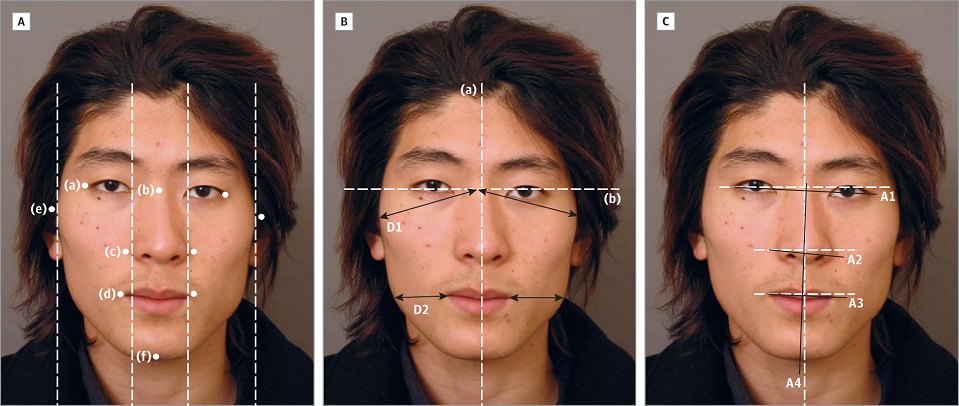 You should not compare yourself with other patients who have undergone heart surgery and compete with them.
You should not compare yourself with other patients who have undergone heart surgery and compete with them. 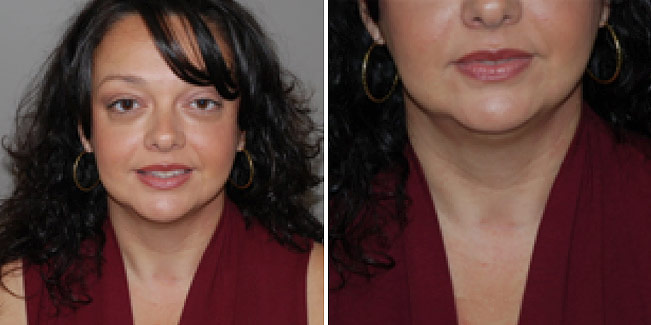
Despite the possibilities of modern medicine, open heart surgery remains the most difficult. Operations such as vascular bypass or replacement of heart valves require a very responsible approach not only from the doctor during the operation, but also from the patient himself during the recovery period.
First stage. The first stage of recovery begins in the hospital, immediately after surgery. Everyone understands that there can be no talk of any loads, therefore the most important exercises that can and should be done are breathing exercises to normalize respiratory function and prevent stagnation in the lungs. These can be both exercises performed by the patient independently (breathing exercises, balloon inflation), and exercises performed with medical personnel (sternum vibration massage).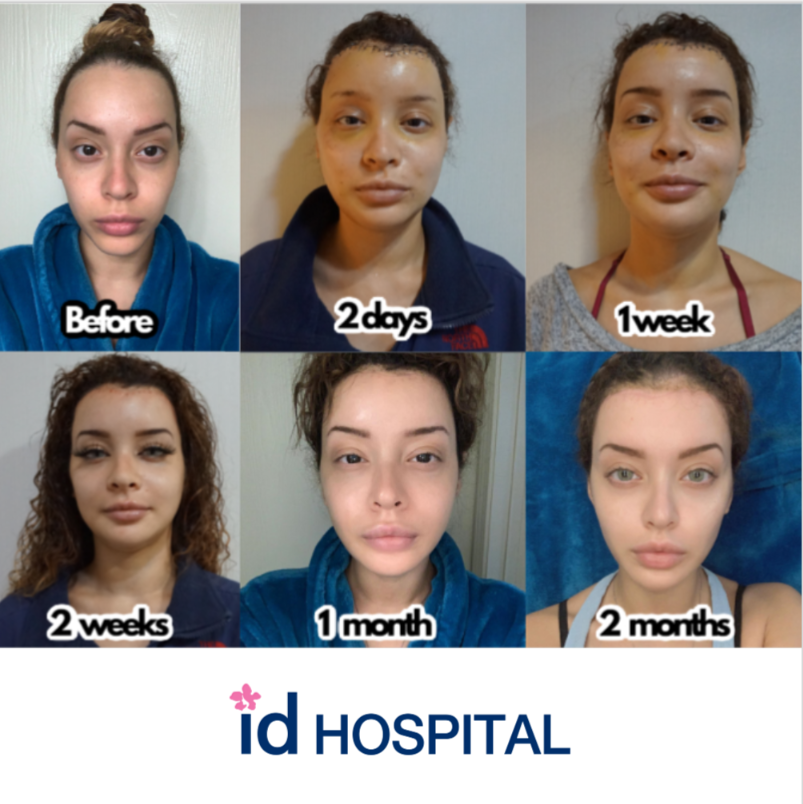 Two or three days after the operation, you also need to start rolling over in bed from back to side. After a while, get up on your own. By the end of the first stage before being discharged home, the patient can already move independently, go up and down stairs, and take short walks.
Two or three days after the operation, you also need to start rolling over in bed from back to side. After a while, get up on your own. By the end of the first stage before being discharged home, the patient can already move independently, go up and down stairs, and take short walks.
Second phase. The second stage of recovery after open heart surgery begins immediately after leaving the hospital and lasts two to two and a half months. At this stage of recovery, a person must follow all the doctor's instructions regarding the rule of caring for the suture, nutrition, medication, work and rest regimen, and perform physiotherapy exercises.
Before you are discharged, the doctor should tell you in detail how to care for the postoperative suture. Most patients are discharged after the stitches or staples are removed. Sometimes the stitches do not need to be removed, they dissolve themselves after a certain time. It is very important to carefully care for the seam during the recovery period:
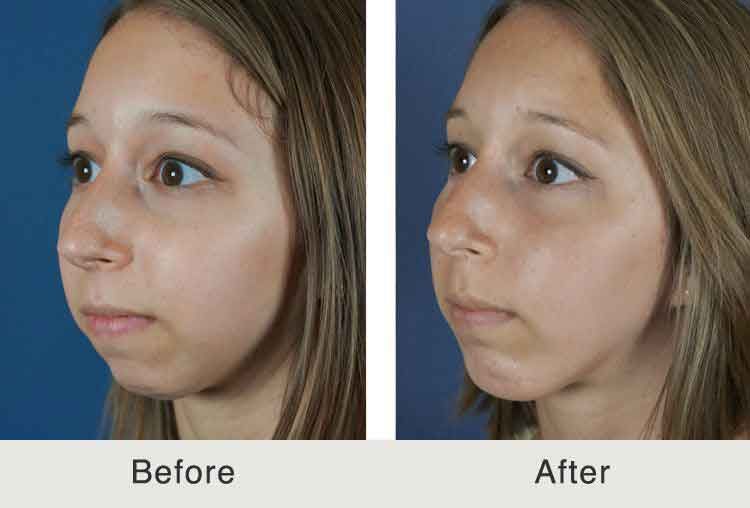
At the first signs of infection at the suture site (discharge, redness and swelling, body temperature above 38⁰C, high sugar in diabetics), consult a doctor immediately.
In the first time after surgery, pain in the chest, muscles, itching and loss of sensation in the suture area are possible.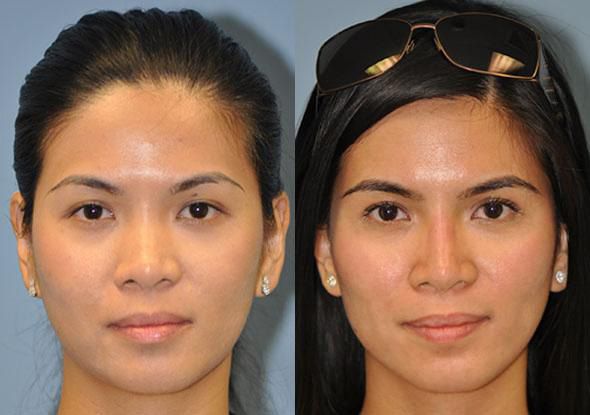 This is fine. Listen to yourself, the main thing is that there are no pains that you felt before the operation. At discharge, the doctor recommends pain medications to be taken.
This is fine. Listen to yourself, the main thing is that there are no pains that you felt before the operation. At discharge, the doctor recommends pain medications to be taken.
If you have had coronary artery bypass surgery, you may be experiencing pain in your leg (where the vein was taken from). This natural pain will go away with time. Taking regular walks, a little physical activity and time will help overcome the discomfort.
If the pain intensifies, there is any movement or clicking in the chest area, immediately contact the hospital.
How to get rid of puffiness during the recovery period
In the postoperative period, patients experience swelling of the extremities, especially often this happens after coronary bypass surgery. How to alleviate the situation and get rid of swelling of the legs?
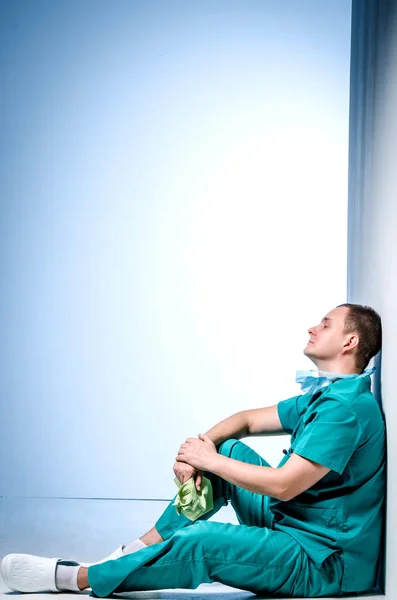 Use a sofa cushion for this, or lie on the floor and put your feet on the sofa. Do this three times a day for an hour. Just in the supine position, the swelling will not go away. Also, while you sleep, put a pillow under your feet;
Use a sofa cushion for this, or lie on the floor and put your feet on the sofa. Do this three times a day for an hour. Just in the supine position, the swelling will not go away. Also, while you sleep, put a pillow under your feet; If swelling increases and pain begins, shortness of breath appears, contact your doctor.
When you leave the hospital after your open heart surgery, your doctor will prescribe medications to take during your recovery or for life. Make sure you understand the name of the medicines, the dosage and the mode of taking them correctly. In no case do not change the dosage and regimen at your own discretion. Any additional medicines: against colds, painkillers, dietary supplements, herbal preparations should be taken only after consulting with your doctor. Ask your doctor how to take the medicines that you took before the operation.
In no case do not change the dosage and regimen at your own discretion. Any additional medicines: against colds, painkillers, dietary supplements, herbal preparations should be taken only after consulting with your doctor. Ask your doctor how to take the medicines that you took before the operation.
In the first two months after open heart surgery, the following recommendations should be observed:
 If this cannot be avoided, stop to rest as often as possible, listen to your body;
If this cannot be avoided, stop to rest as often as possible, listen to your body; It is not recommended to drive a car earlier than 9 weeks after open heart surgery. It is necessary to wait for the healing of the chest and the full recovery of reflexes. If you still need to drive, make stops every hour for 10-15 minutes, during which be sure to stretch your legs with a walk.
If you still need to drive, make stops every hour for 10-15 minutes, during which be sure to stretch your legs with a walk.
If you have to fly during the recovery regimen, be sure to consult with your doctor.
Usually, after open heart surgery, the patient suffers from lack of appetite. Therefore, when you are discharged, you will most likely not be prescribed any food restrictions. After one to two months, switch to a diet that is low in salt, sugar, and animal fats. Include in your diet foods high in fiber, vegetable oils, and iron-containing foods: buckwheat, red meat, liver, rose hips, pomegranate juice, etc. Eat more often, in small portions. Eat healthy food - this is your path to full recovery.
Often, after discharge, a person feels emotionally devastated. This is a common reaction. A person is subconsciously afraid of the unknown from how the healing will take place, whether a relapse will occur. Constantly experiencing physical fatigue and getting upset from this. Many people have memory impairment after surgery, which is just as scary.
Constantly experiencing physical fatigue and getting upset from this. Many people have memory impairment after surgery, which is just as scary.
The decline of emotions is a temporary state. As you recover and return to your old life, everything will return to normal. To restore emotional balance:
Each person is individual and goes through the recovery period after heart surgery in his own way.